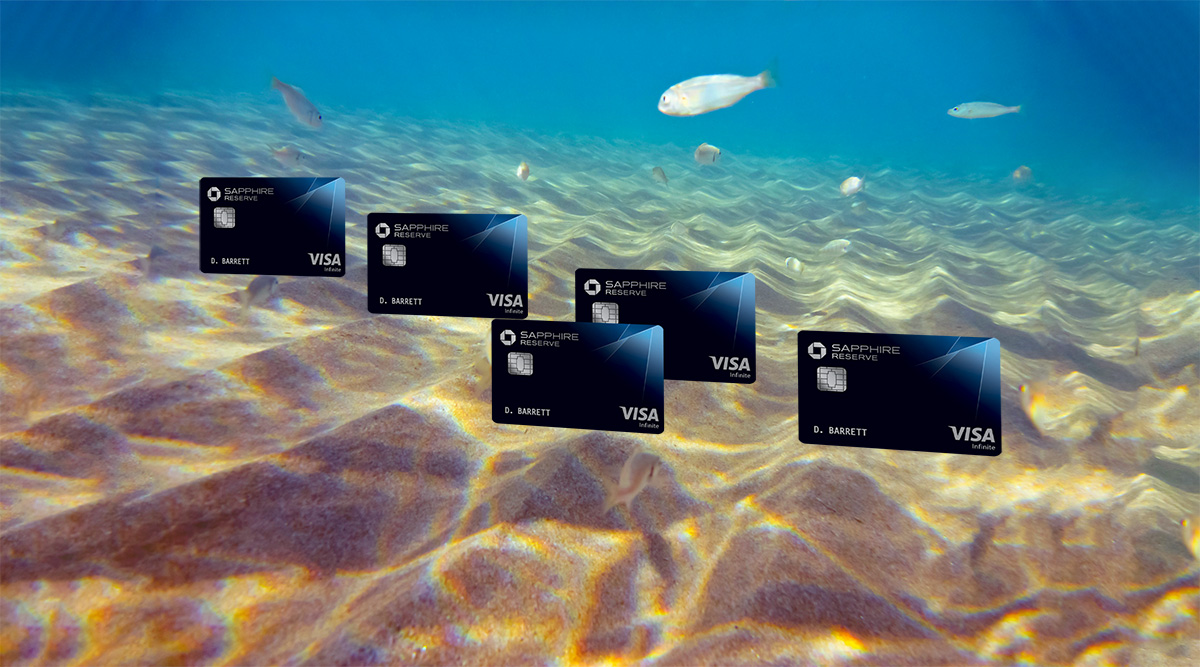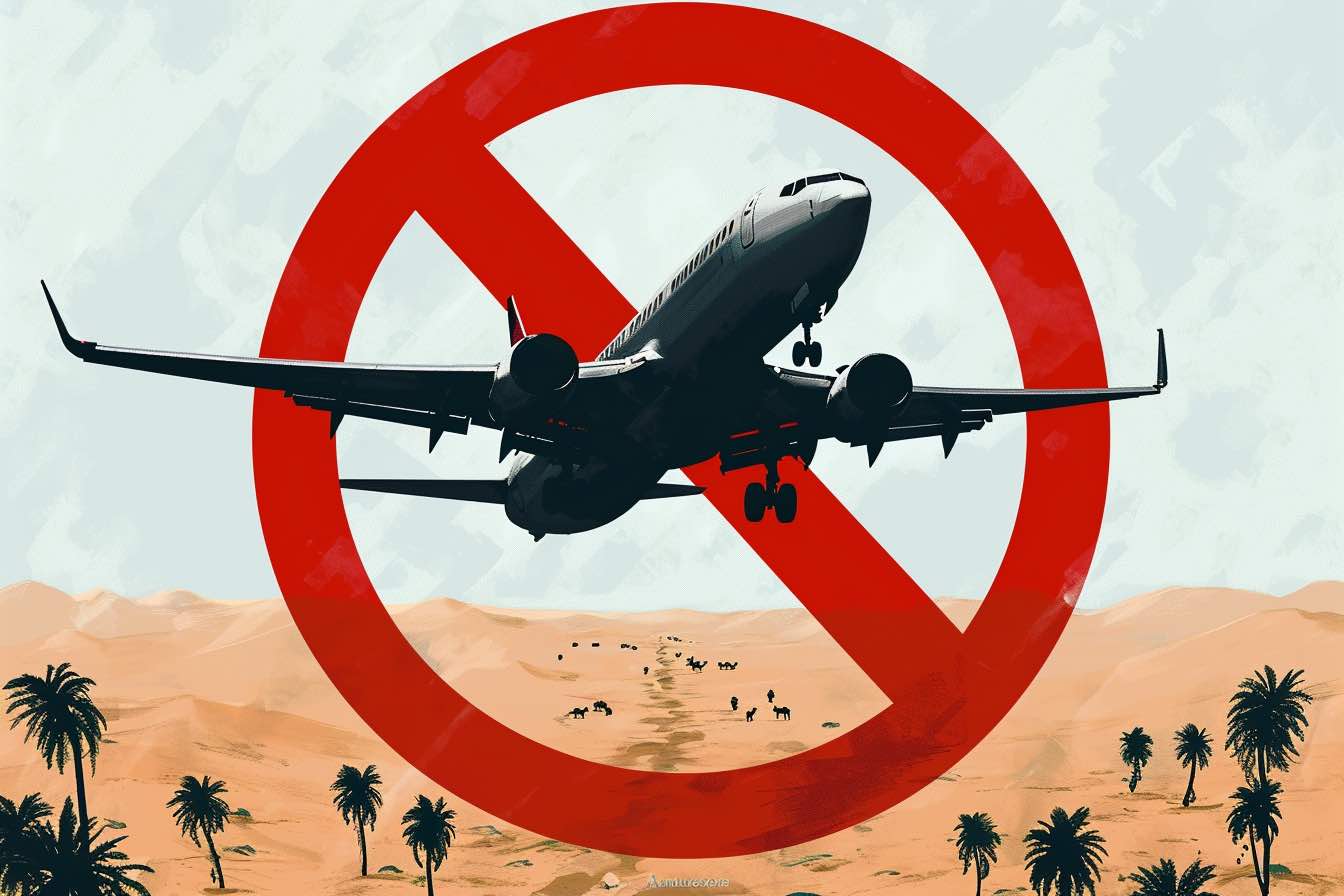Two days before Judy Lambert left for her snorkeling trip to Cuba, she got some bad news: Her husband tested positive for COVID. The trip was a washout — and $15,194 went down the drain.
Or did it?
Lambert had used her Chase Sapphire Reserve Visa to pay for her trip, and her card came with gold-plated travel insurance coverage. After she filed a claim with Chase, a representative assured her she was fully covered for her loss.
Then Chase Sapphire Reserve asked for even more documents. And then she never heard from it again.
Now Lambert wants me to help her find out what happened to her $15,194 claim. By the time she contacted me, had been seven months since she canceled her trip, and she wanted answers. After hearing her story, so did I.
What I discovered shines a bright light on one of the most complicated sectors of the travel industry: rewards credit cards. For years, I’ve avoided cases dealing with the popular payment systems because of their complexity and ethical issues.
But that changed recently. Our advocacy organization is now accepting loyalty program and awards cases again.
Missing the Gardens of the Queen
Lambert and her husband had a once-in-a-lifetime snorkeling adventure on a liveaboard planned for this spring.
The trip, offered by a tour operator called Snorkeling Etc., took divers and snorkelers to the Gardens of the Queen (Jardines de la Reina) just off the southern coast of Cuba. It’s one of the last intact reef habitats in the Caribbean, with vivid underwater landscapes and an abundance of fish.
I used to teach scuba diving in the Florida Keys many years ago. I remember the older instructors telling me what the reef used to look like before pollution and overdiving sucked the color and life from it. They were describing the Jardines de la Reina.
So you can imagine Lambert’s disappointment when her husband tested positive for COVID. The doctor ordered him to stay home, and the couple had no choice but to cancel their trip.
“The entire trip was nonrefundable at that point,” she says.
Lambert filed a claim with Chase, expecting a quick resolution. She had applied for a Chase Sapphire Reserve card after reading reviews of the card on several travel websites. (She shouldn’t have believed the ratings. Most of the “reviewers” are being compensated with a generous referral fee and were incapable of being objective.)
A claim — and a long wait
Lambert filed a claim with Chase and waited. She checked in with the company from time to time to see if it had all of the information it needed for her claim. Chase’s travel insurance claims are handled by a third party.
“A Chase representative told me three months after I filed my claim that it had been approved but that it needed to be verified,” she says.
By “verified,” the representative likely meant that someone at a higher level needed to sign off on the claim since it was higher than $10,000. But that should have taken at most a few weeks.
Chase asked her for more documentation. She spent numerous hours on the phone, trying to fulfill the requirements. But Chase, via its claims company, kept coming up with new requirements for getting her claim paid. (To anyone who collects points, that probably sounds familiar.)
“I’ve spent numerous hours on the phone and online communicating with its claims department,” Lambert told me. “I’ve spoken with at least a dozen people at Chase.” (Related: PayPal and Chase missing refund problem: “My money is nowhere to be found”.)
But the claims process has dragged on, and lately she hadn’t heard from anyone at Chase or its benefits administrator. She thought the company might be ghosting her.
“Can you help me get my claim for $15,194 approved?” she asked.
What are the Chase Sapphire Reserve travel insurance benefits?
The Chase Sapphire Reserve is an almost too-good-to-be-true credit card. Here are the travel insurance benefits you get:
Auto rental collision damage waiver
Your Chase Sapphire Reserve offers reimbursement of up to $75,000 for theft and collision damage for rental cars in the U.S. and abroad.
Baggage delay Insurance
Chase reimburses you for purchases like toiletries and clothing for baggage delays over six hours by passenger carriers up to $100 a day for five days.
Emergency evacuation and transportation
If you get sick and need to be evacuated, Chase will cover medical services and transportation up to $100,000.
Trip cancellation and interruption insurance
If you can’t go on your trip because of a covered reason, Chase may reimburse you up to $10,000 per person and $20,000 per trip for your prepaid, nonrefundable travel expenses. That includes airfares, hotels and tours.
Trip delay reimbursement
If your flight is delayed more than six hours or requires an overnight stay, you’re covered for unreimbursed expenses, such as meals and lodging, up to $500 per ticket.
Some of these coverages are far more generous than the average card. For example, my Visa card offers cancellation benefits of up to $2,000. (Then again, my card doesn’t have an annual fee. The Chase Sapphire Reserve annual fee is $550.)
Bottom line: Chase Sapphire Reserve should have covered Lambert’s cancellation promptly.
Why did this claim against Chase Sapphire Reserve take so long?
Travel insurance claims resolutions have slowed down since late spring. The reason: More people are traveling, and more claims are being filed. But no one expected that it would be this many.
This summer’s tidal wave of airline cancellations and delays gummed up the works. If I had to take an educated guess, I’d say the folks in Chase Sapphire Reserve’s claims department got swept away in a deluge of claims. And so did Lambert’s claim. (Related: I canceled my cruise, but my $19,148 credit card claim is lost at sea.)
That’s no excuse. Chase raked in $5 billion from its credit card division last year. Most of the transactions were posted in seconds. Making someone like Lambert wait seven months for a claim to be resolved is unconscionable.
How to Contact Chase Sapphire Reserve customer service
The phone number for Chase Sapphire customer service is (800) 935-9935. Like many companies, Chase has adopted a “DIY” model for customer service, where it prefers to send you to articles and videos on a topic instead of to a person who can help you.
For a complicated problem like an insurance claim, the self-help section on the Chase website is minimally useful. We publish the names, numbers and email addresses of the Chase executives responsible for customer service. I recommend keeping everything in writing — not calls! — so that you have a paper trail for your case.
Remember, if you can’t get help from Chase Sapphire Reserve customer service, reach out to us. We’ll do our best to help.
Another Chase Sapphire Reserve “benefit”: Free lessons in patience
Doesn’t Lambert’s case make you wonder about the value of these rewards credit cards?
She could have purchased a basic travel insurance policy, filed a claim, and received her money months ago.
Lambert says she’s disappointed because the Chase Sapphire Reserve card received so many glowingly positive reviews online. She expected her claim to move quickly — not to take seven months. She never expected the bureaucracy: the promise of payment, followed by months of requests for more information and then radio silence.
To her, it seemed the Chase Sapphire Reserve card was too good to be true.
Maybe that’s one unadvertised “benefit” of the Chase Sapphire Reserve card: It teaches you patience.
Should you get a Chase Sapphire Reserve for the travel insurance benefits?
Is it worth getting an expensive, points-earning credit card like the Chase Sapphire Reserve? In most cases, the answer is no. You can get many of the same benefits of the card for free by being a smart consumer. Some no-fee cards offer coverage, but a reasonable name-brand travel insurance policy or your auto insurance or your AAA membership could offer the same or better benefits.
In terms of earning points, I have a contrarian view.
I think rewards credit cards can be addictive and dangerous, and I believe their days are numbered. Instead of focusing on maximizing your points — a game the credit card companies want you to play — I think smart and responsible consumers ought to be looking for the highest-quality products at reasonable prices. I feel sorry for the legions of cardholders who are looking for the latest promotion and trying to find a way to exploit it. That’s not being a responsible consumer.
For Lambert, the answer to the question, “Should I get a Chase Sapphire Reserve for the travel insurance benefits?” is clear. No, the travel benefits on her Chase Sapphire Reserve did not deliver as promised. Instead, it was an unwanted master class on patience.
Chase should have kept her updated on the progress of her claim. It should have asked her for the documentation and then told her the claim had been approved — not the other way around. And Chase shouldn’t have kept her in the dark for seven months. That’s not a record for a travel insurance claim at our advocacy organization, but it’s close.
Chase: “We’re sorry for the delay”
I contacted Chase on Lambert’s behalf. The company broke its silence, reaching out to Lambert after months of inaction and apologizing for the delay. The company reviewed her claim and decided to honor it.
Chase finally sent her a check for $15,194.
“I was ready to give up,” says Lambert. “This would not have happened without your assistance. What can I say but thank you a million times over!”
No, thank you.
Credit cards like Chase Sapphire Reserve are revered by the frequent traveler community. Entire blogging empires have been built on the lucrative referral fees paid by Chase. Yet for all the money changing hands, the credit card couldn’t honor a simple claim promptly. And sadly, no one would hold Chase accountable for its negligence.
Well, almost no one.




